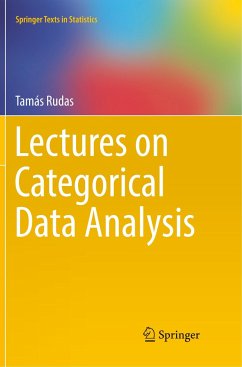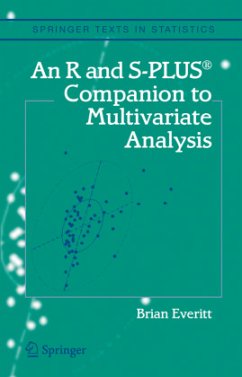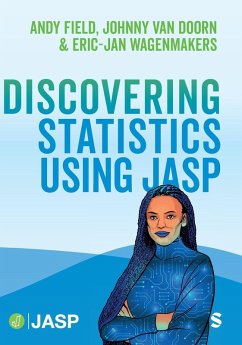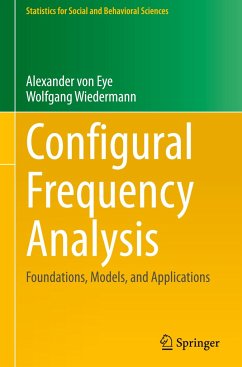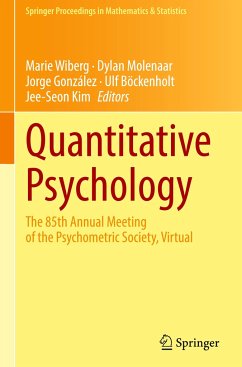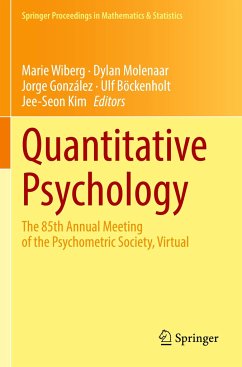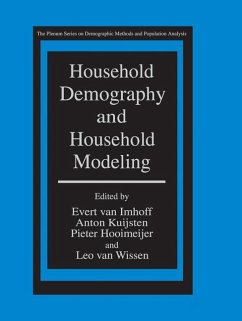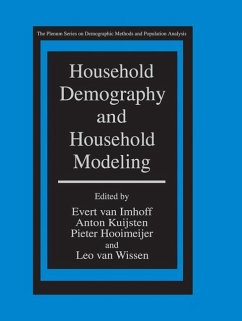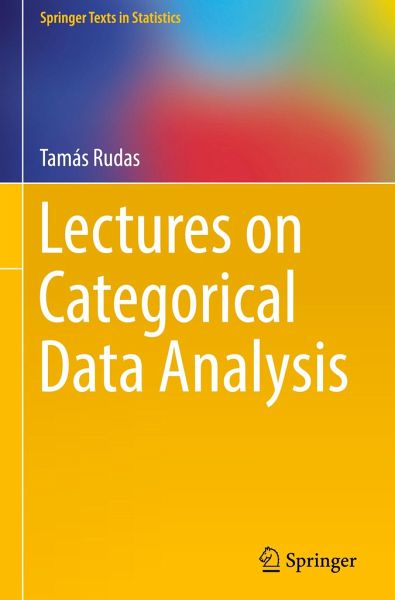
Lectures on Categorical Data Analysis
Versandkostenfrei!
Versandfertig in 6-10 Tagen
68,99 €
inkl. MwSt.
Weitere Ausgaben:

PAYBACK Punkte
34 °P sammeln!
This book offers a relatively self-contained presentation of the fundamental results in categorical data analysis, which plays a central role among the statistical techniques applied in the social, political and behavioral sciences, as well as in marketing and medical and biological research. The methods applied are mainly aimed at understanding the structure of associations among variables and the effects of other variables on these interactions. A great advantage of studying categorical data analysis is that many concepts in statistics become transparent when discussed in a categorical data ...
This book offers a relatively self-contained presentation of the fundamental results in categorical data analysis, which plays a central role among the statistical techniques applied in the social, political and behavioral sciences, as well as in marketing and medical and biological research. The methods applied are mainly aimed at understanding the structure of associations among variables and the effects of other variables on these interactions. A great advantage of studying categorical data analysis is that many concepts in statistics become transparent when discussed in a categorical data context, and, in many places, the book takes this opportunity to comment on general principles and methods in statistics, addressing not only the "how" but also the "why."
Assuming minimal background in calculus, linear algebra, probability theory and statistics, the book is designed to be used in upper-undergraduate and graduate-level courses in the field and in more general statistical methodology courses, as well as a self-study resource for researchers and professionals. The book covers such key issues as: higher order interactions among categorical variables; the use of the delta-method to correctly determine asymptotic standard errors for complex quantities reported in surveys; the fundamentals of the main theories of causal analysis based on observational data; the usefulness of the odds ratio as a measure of association; and a detailed discussion of log-linear models, including graphical models. The book contains over 200 problems, many of which may also be used as starting points for undergraduate research projects. The material can be used by students toward a variety of goals, depending on the degree of theory or application desired.
Assuming minimal background in calculus, linear algebra, probability theory and statistics, the book is designed to be used in upper-undergraduate and graduate-level courses in the field and in more general statistical methodology courses, as well as a self-study resource for researchers and professionals. The book covers such key issues as: higher order interactions among categorical variables; the use of the delta-method to correctly determine asymptotic standard errors for complex quantities reported in surveys; the fundamentals of the main theories of causal analysis based on observational data; the usefulness of the odds ratio as a measure of association; and a detailed discussion of log-linear models, including graphical models. The book contains over 200 problems, many of which may also be used as starting points for undergraduate research projects. The material can be used by students toward a variety of goals, depending on the degree of theory or application desired.



